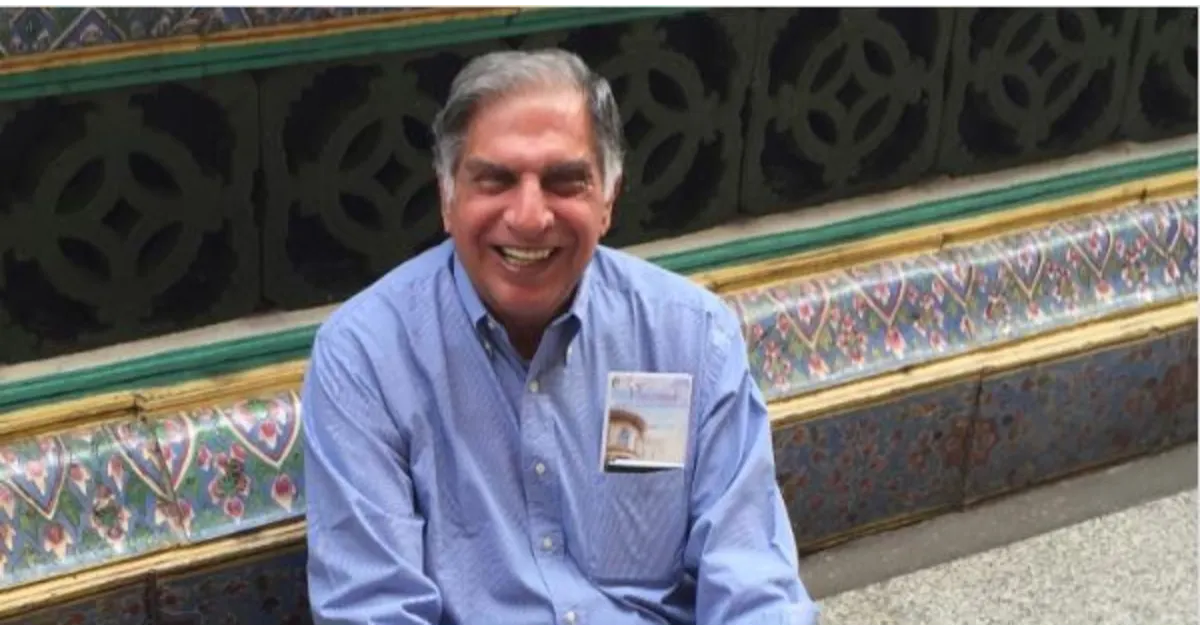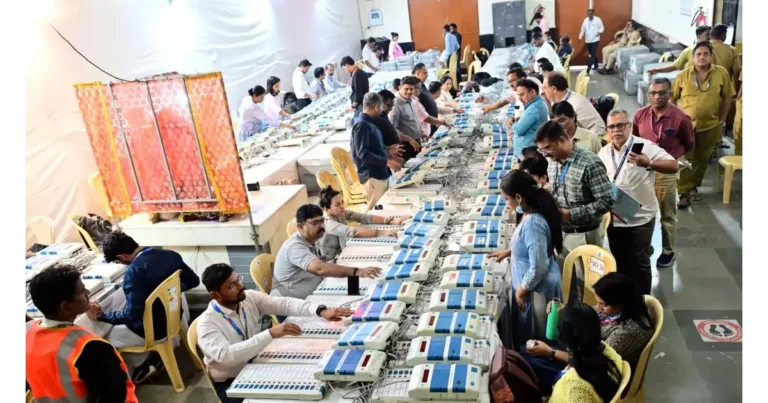
The Enduring Impact of a Visionary Leader
It has been a year since the passing of Ratan Tata, yet his influence remains profoundly felt across industries and society. As the chairman of Tata Sons and the de facto head of all Tata Trusts, his leadership left an indelible mark on millions of lives. His contributions to nation-building and societal upliftment rivaled those of the group’s founder, Jamsetji Tata, making him one of the most distinguished industrialists in India’s history.
Steering the Tata Group Through Turbulent Times
Ratan Tata’s tenure coincided with one of the most challenging periods in the conglomerate’s history. Under his stewardship, the group navigated the seismic shifts brought about by India’s 1991 economic reforms. The transition from a protected business environment to fierce competition was fraught with obstacles that many underestimated.
The Challenge of Economic Liberalization
When Ratan Tata assumed leadership, Tata companies faced daunting threats. The liberalization of the Indian economy opened the gates to multinational corporations eager to acquire well-established Indian brands. Tata companies, accustomed to sheltered growth, suddenly had to compete on a global scale, necessitating urgent structural and strategic overhauls.
Tata Steel: A Battle for Survival
Among the group’s enterprises, TISCO (later Tata Steel) exemplified the struggle to adapt. In 1993, when Ratan Tata became chairman, the company was grappling with quarterly losses, outdated machinery, limited product diversity, and an oversized workforce. The company’s challenges were so severe that even top-tier global consultants, including McKinsey, predicted its downfall.
Systemic Issues Across Tata Enterprises
Similar challenges plagued nearly every Tata company. Leadership practices were outdated, with no formal retirement policies for chairmen or directors. Managing directors often stayed on until health issues intervened, creating stagnation and resistance to change. Many leaders, dubbed “satraps,” behaved like private owners, further complicating organizational dynamics and delaying necessary reforms.






